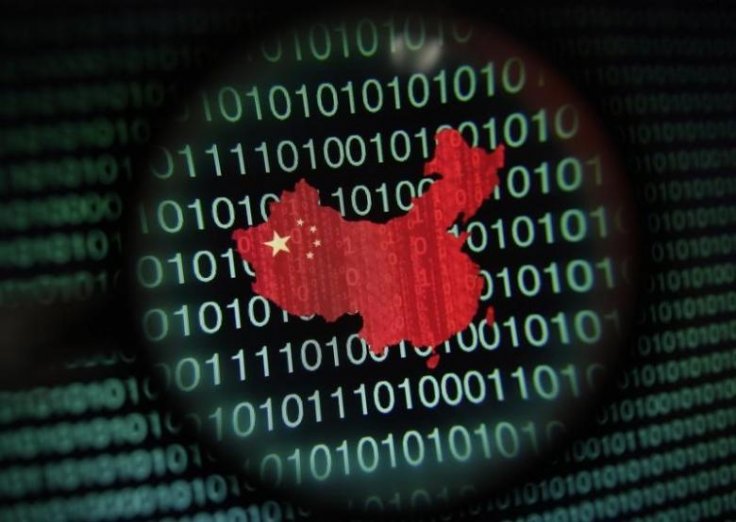
The Chinese government has approved its new cybersecurity law, which took effect on 1st June, 2017. The new regulation seeks to prohibit companies to carry big data outside China to protect the country's individual privacy rights. But, according to a privacy and cybersecurity expert, the move is just a façade.
In his opinion piece published today in The New York Times, Dipayan Ghosh underlined the potential risks of China's newly-passed cybersecurity law wherein all its foreign companies who are transmitting big data from the country will be forced to establish their local data centres within the borders of the communist nation.
Ghosh is a fellow with the Public Interest Technology program at New America and the former technology and economic adviser to President Barrack Obama. Currently, he is working on Facebook's Privacy and Public Policy.
China's new cybersecurity law
IBTimes SG reported last week of Apple's confirmation to set up a data centre in Guizhou, China in compliance with its new cybersecurity regulations, which took effect on 1 June. The new "law will introduce new unprecedented regulation on data protection and data security practices."
"This includes mandatory domestic storage of data (data localisation), restrictions on cross-border data transmissions, and data security assessments that may lead to the sharing of confidential information with the Chinese authorities."
Market monopoly
Ghosh is firm to declare "these events could threaten to disrupt the free flow of information over the internet." He said the Chinese government's claim to improve individual privacy rights is a cover-up, adding that China is actually suppressing international competition "to monopolize" the technology commerce.
He cited that China's move is a continuation to the blockage of internet companies from entering the massive Chinese market; Facebook, Twitter, and Google are just some of the platforms banned from the Chinese internet corridors.
"This kind of digital protectionism is unfair to the international community and to the people of China," states Ghosh. "The government's argument that the regulation will protect privacy is invalid."
Ghosh further said that corporations and the government are two threats in the world of privacy. He pointed out that Apple's immediate decision suggests that the Cupertino conglomerate "hopes to protect its market share in China."
'Push for fairer standards'
Ghosh noted that China's new cybersecurity law "is an attack on human rights and innovation" among its citizens, adding that "the people of China should take note and push for fairer standards."
He encouraged the international community, particularly the corporate sector, to stand tall amid Beijing's manipulative position in this context, and to hold it accountable. "Unless we do so now, the government will continue to consolidate and centralize industry, jeopardizing the future of the global economy," said Ghosh.









